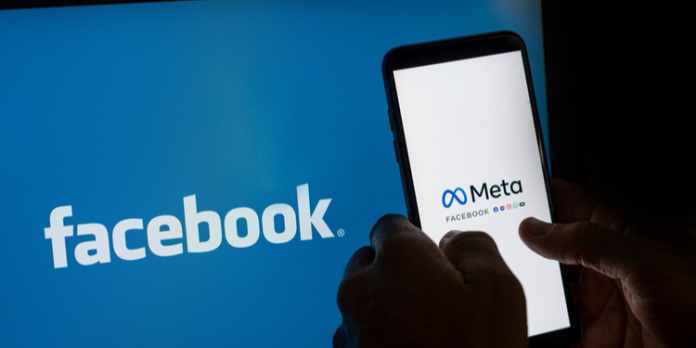Facebook owner Meta has barred the Belarusian-backed hacking collective Ghostwriter from its social media platforms, in a further sign of the escalating cyberwar between Russia and Ukraine and their allies.
Meta blocked all domains associated with the malicious hacker group after it was found spreading disinformation on Facebook, hijacking the accounts of several prominent figures including military leaders and journalists to show fake footage of the Ukrainian army surrendering – a further indication that the conflict has spilled over into a digital information war.
The fabricated newspaper articles, which worked off a phishing campaign launched by Ghostwriter, called Ukraine a “failed state” and featured messages of support for Russia.
Ghostwriter has targeted Nato in recent years, conducting a propaganda campaign to erode support for the US-led European defense body. The state-backed hacking group was thought to be supported by Russia until November, when cybersecurity firm Mandiant linked it to Belarus – itself a key ally of the Putin regime.
And in 2020, a Cybernews reporter had his own details hijacked by Ghostwriter and his name put to fake news stories declaring a Nato pullout from the Baltic region as a result of “COVID concerns.”
As part of its recent clampdown, Meta has also removed a troll network linked to about 40 sock puppet accounts it said were operating out of Ukraine and Russia. The accounts used artificial intelligence to mimic legitimate journalists, engineers and scientists and run bogus stories accusing the West of betraying Ukraine. Other social media platforms besides Facebook thought to have been targeted include Telegram, VK and YouTube.
Over the weekend Meta took down Russian-backed media outlets from its platforms, preventing them from using them to run adverts or raise funds, but stopped short of an outright ban.
Justifying Meta’s position, head of global affairs Nick Clegg said: “The Ukrainians have also suggested that we remove access to Facebook and Instagram in Russia. However, people in Russia are using [the platforms] to protest and organize against the war and as a source of independent information.”
More from Cybernews:
Russian ombudsman website got hacked and defaced | CyberNews
Ukraine calls on hacker underground to defend against Russia
Meta announces a project that can turn words into 3D objects to create virtual worlds
Hackers sound call to arms with digital weapon aimed at Russian websites | Cybernews
Hero hackers claim to have breached Belarusian weapons firm | Cybernews
Subscribe to our newsletter











